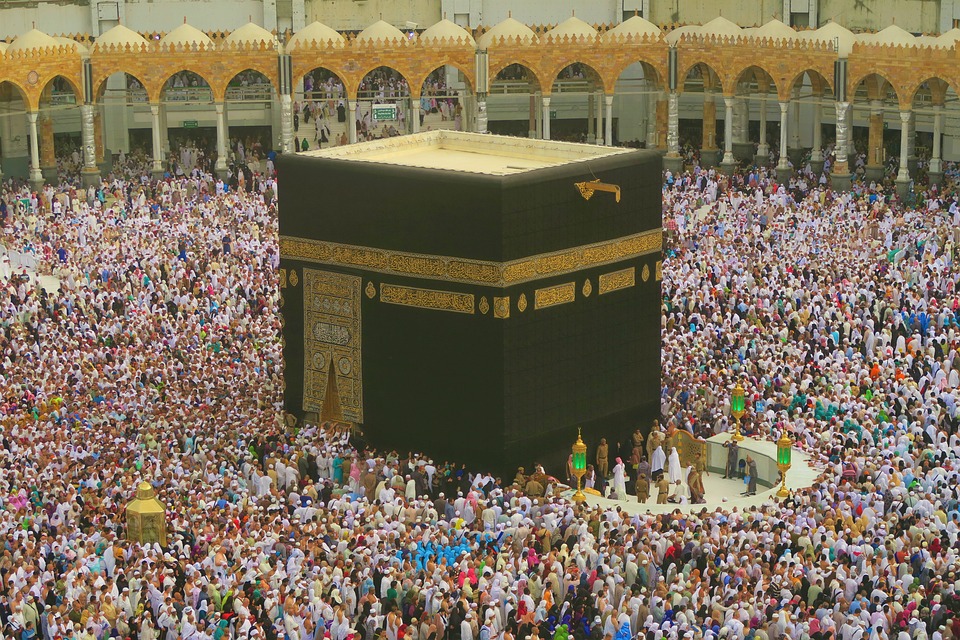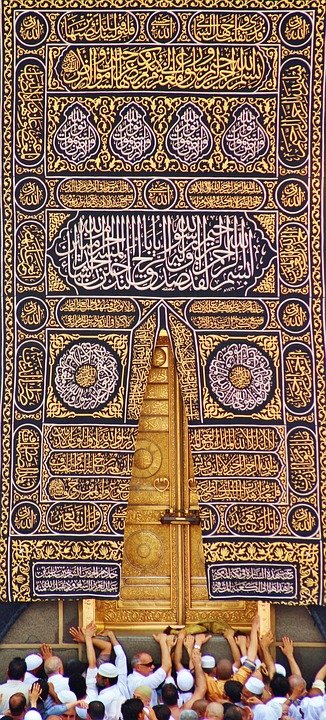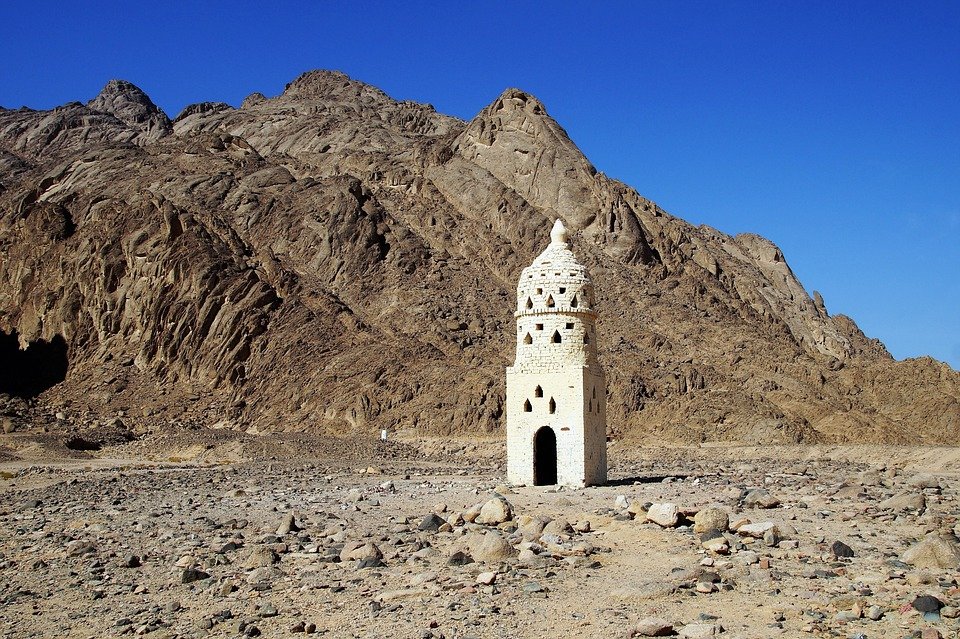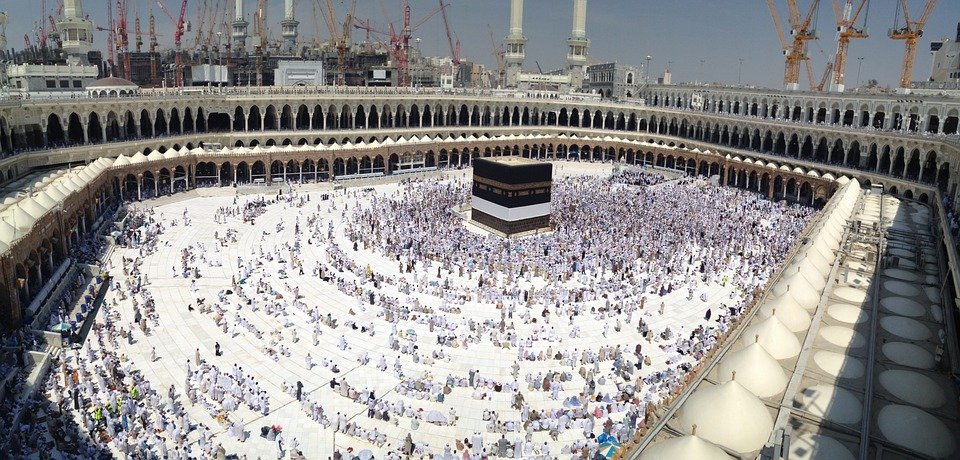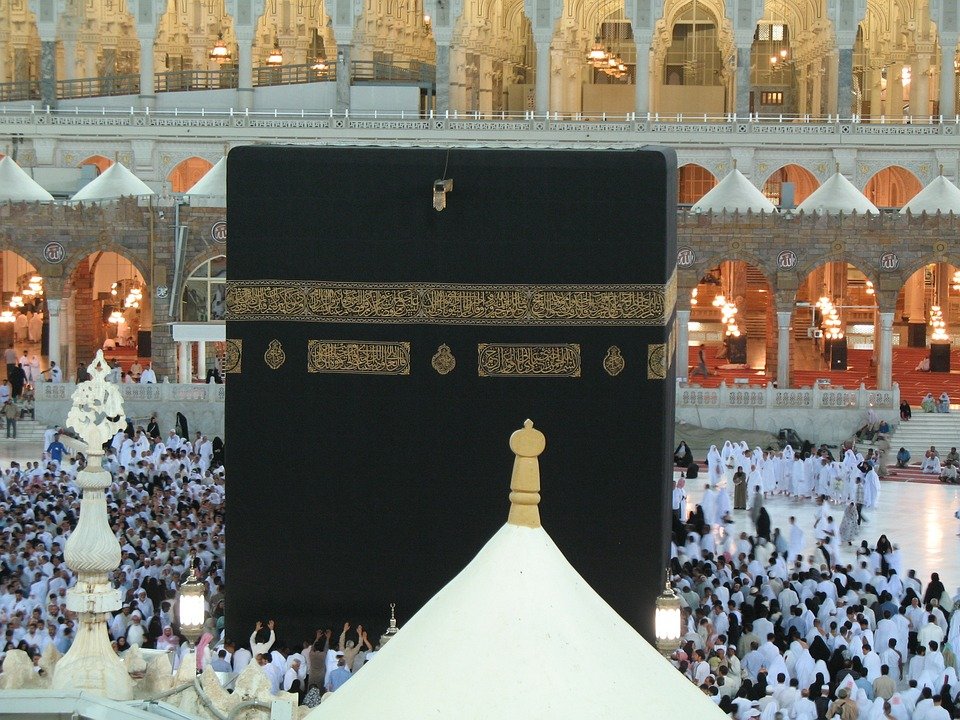When to cut your hair and nails in Zil Hajj is an essential topic in Islamic practice, especially for those participating in the pilgrimage season. In this article, I promise you will find a detailed and easy-to-follow guide on the appropriate times and methods for trimming your hair and nails during this significant month. Understanding the nuances of when to cut your hair and nails in Zil Hajj not only helps you stay aligned with religious practices but also ensures you approach your spiritual commitments with respect and knowledge.
I believe that recognizing the importance of when to cut your hair and nails in Zil Hajj deepens our connection to the rituals and significance of this time. As experts with over nine years of experience in the Umrah and travel field for Makkah and Madinah since 2016, we are here to provide you with valuable insights. Knowing when to perform these personal grooming tasks helps you engage in your spiritual journey with confidence and tranquility. I feel that by following our guide, you’ll gain a clearer perspective on fulfilling your religious obligations during this holy period.
Understanding Zil Hajj
Zil Hajj, also known as Dhul-Hijjah, is the twelfth month of the Islamic calendar. It holds immense significance for many Muslims around the world. This month marks the time for Hajj, the holy pilgrimage to Makkah, where millions gather to perform various rites. Even if you are not going for Hajj, Zil Hajj offers unique opportunities for spiritual reflection and actions of devotion.
During Zil Hajj, special practices are encouraged, such as increased prayer and charity. It’s a time for Muslims to cleanse their hearts and seek forgiveness. The last ten days of this month are particularly precious, as they are seen as a chance to earn abundant rewards. The spirit of togetherness and devotion fills the air, finding its expression in various rituals people undertake. This makes it an enriching time for everyone involved.
The Importance of Hair and Nail Grooming
Grooming your hair and nails plays an essential role in personal hygiene and appearance. In Islam, cutting hair and nails during specific times is not just about cleanliness but also relates to spiritual beliefs. Keeping clean and presentable has always been a consideration for many. It symbolizes respect for oneself and for the religious practices we are engaged in.
In Zil Hajj, the importance of grooming takes on an added layer of meaning. Your appearance reflects your readiness to engage in worship and your dedication to Islamic principles. Cleanliness is half of faith, after all. This month presents a perfect chance to focus on how our grooming habits can align with our spiritual objectives.
When to Cut Hair and Nails
In the context of Zil Hajj, many people wonder about the right time to cut their hair and nails. Generally speaking, it’s advisable for those who plan to perform Hajj to refrain from cutting their hair and nails from the beginning of Zil Hajj until they finish their rituals in Makkah. The intention behind this practice is to show commitment and sacrifice. However, there’s some flexibility for individuals who are not making the pilgrimage.
For those not going for Hajj, it is still encouraged to maintain personal hygiene. Cutting hair and nails before Zil Hajj can be beneficial to ensure cleanliness. So, whether you are in Makkah or back at home, it’s crucial to maintain your grooming and feel your best. In my opinion, this consistency is key to reinforcing our intention of being spiritually present during this auspicious time.
Spiritual Significance of Hair and Nail Care
Caring for our hair and nails during Zil Hajj is more than just a physical act; it connects deeply with our spirituality. The act of grooming can serve as a reminder to cleanse not only our exterior but also our hearts and minds. Focusing on our physical appearance in this holy month can lead us to reflect on our inner values and beliefs.
As we consider the importance of spiritual cleanliness, taking time for our hair and nails feels like an essential component. By grooming ourselves, we might feel encouraged to engage more deeply in prayer and other rituals. I believe that caring for ourselves can be a form of worship too, as it reflects our commitment to our faith and community.
Tips for Grooming During Zil Hajj
If you’re wondering how to maintain your grooming routine during Zil Hajj, here are some useful tips. First, make sure you plan your haircut and nail clippings ahead of time. It’s best to manage your grooming before the beginning of the month to set the course for a clean and respectful appearance throughout. Timing is everything, especially when focusing on spiritual practices.
Second, opt for simple and natural grooming methods. Use natural oils or products that promote hair and nail health. Ultimately, good grooming practices can enrich your experience during this significant month. I think that keeping things natural can not only enhance your appearance but also serve as a reminder of the pure intentions you hold in your heart.
Engaging with Community
Zil Hajj is a time for community spirit, and grooming can play a part in that connection. Share your experiences with friends and family, and encourage each other to maintain good hygiene. Maybe organize group grooming sessions where everyone can discuss their spiritual goals. This can foster community bonds and enhance the feeling of togetherness in a month dedicated to worship.
Engaging with others also reinforces the shared values we all hold dear. Group discussions can inspire everyone to think about the deeper meanings behind our rituals, including how grooming ties into our faith. In my opinion, these communal interactions can amplify the essence of Zil Hajj and leave a lasting impact well beyond the month.
Conclusion: A Reflective Time
In conclusion, Zil Hajj offers an ideal time to reflect on both our spiritual and personal grooming practices. From understanding when to cut your hair and nails to the deeper spiritual significance of these actions, there is much to embrace during this month. Maintaining cleanliness and appearance amplifies our readiness for worship and highlights our commitment to our faith.
As we move through Zil Hajj, let’s remember that grooming is not merely a routine chore but a reflection of our inner values. I think that by caring for ourselves, we prepare our hearts and minds for a deeper connection with our faith. So, let’s embark on this sacred time with a commitment to personal and spiritual enrichment.
Mushu, an experienced Saudi Arabia traveler and writer, shares insightful tips and spiritual reflections to enhance Hajj and Umrah journeys for fellow pilgrims. He has been to Makkah and Madina from 2016 to 2023 many times and his posts will reflect this.


